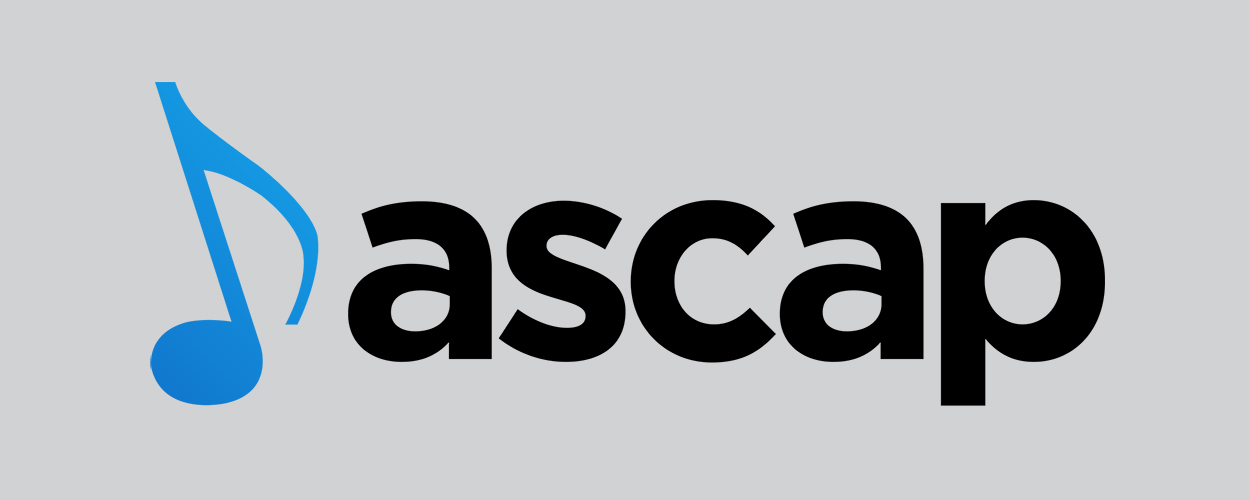This website uses cookies so that we can provide you with the best user experience possible. Cookie information is stored in your browser and performs functions such as recognising you when you return to our website and helping our team to understand which sections of the website you find most interesting and useful.
Business News Labels & Publishers
ASCAP’s royalty collections were up in 2020 despite COVID
By Chris Cooke | Published on Wednesday 10 March 2021

Despite concerns that the total monies collected by the music industry’s song right collecting societies would take a major hit in 2020 because of COVID-19, US society ASCAP yesterday announced that its revenues last year were still up on 2019, by a neat $53 million.
Increased international and streaming monies helped counterbalance the inevitable drop in royalties from live shows and the public performance of recorded music.
Last year, global collecting society grouping CISAC warned that song right societies could see their collections drop by 35% in 2020, equating to 3.5 billion euros of lost income.
Unlike the record industry, music publishers and songwriters have a vested interest in the live sector because they earn royalties when songs are performed live in public. Therefore they are affected by the COVID-caused shutdown of live music.
And while in most countries artists and labels, as well as publishers and writers, earn when recorded music is played in public – and therefore everyone loses when pubs, clubs, bars and cafes are closed, so no music can be played – that income stream is generally more significant for the songs side of the business than the recordings side.
Which is why CISAC’s report was full of doom and gloom regarding the impact COVID would have on the societies that make up its membership, and the music publishers and songwriters those societies represent.
In its figures for 2020, ASCAP confirms that its income from live music and public performance in the US was down 30% last year because of the COVID shutdown. However, monies coming in from the use of ASCAP repertoire overseas rose 9% over the year. And within the US itself, royalties from audio streaming was up 28%, while revenues from audio-visual use of the society’s music was up 8%. Those trends all helped ensure the overall increase in revenue.
It remains to be seen whether that trend is replicated elsewhere in the world. It may not be. Collecting society regulations and copyright law in the US mean that the royalties due to songwriters and music publishers from the live and public performance of music are not as significant on a show-by-show or venue-by-venue basis as in Europe. Therefore the negative hit caused by COVID on live and public performance income will be more damaging for European societies.
It’s also worth noting that the ongoing shift from discs and downloads to streams is resulting in more song royalties flowing through societies like ASCAP. In the US, when CDs or downloads are sold, all song royalties are paid directly to the publisher, so don’t appear in ASCAP’s stats. Whereas with streaming, some money still goes direct to the publisher (or now via the new mechanical rights society MLC), but some of the money also flows through the performing right societies like ASCAP.
That isn’t to say that streaming income for the songs business at large isn’t growing year-on-year – it definitely is – but it’s worth remembering that some of that growth is replacing old revenues that didn’t factor in the stats of performing right societies like ASCAP.
Nevertheless, for US publishers and songwriters, the ASCAP figures are good news. COVID has still had a significant impact on the sector, but other revenues should soften the blow to an extent.
Commenting on the new stats, ASCAP CEO Elizabeth Matthews says: “2020 challenged all of us unlike any other year in modern history. It also defined ASCAP’s dedication to our members. That meant strengthening our commitment to our mission to serve our songwriters, composers and music publishers by taking every step necessary to secure their livelihoods and careers. Inspired by our members each and every day, the ASCAP team proved that innovation, efficiency and progress really can be escalated in a crisis”.
Meanwhile the society’s President, songwriter Paul Williams, adds: “The team worked extremely hard and under incredibly difficult circumstances to make up for revenues lost due to the pandemic and to deliver the financial security and support that music creators need to survive the crisis of our lifetime. Their work will have an impact for years to come and as an ASCAP member, I am deeply grateful. Together, we have met the demands of this challenging time period and we look to 2021 with greater hope and strength as a community”.





